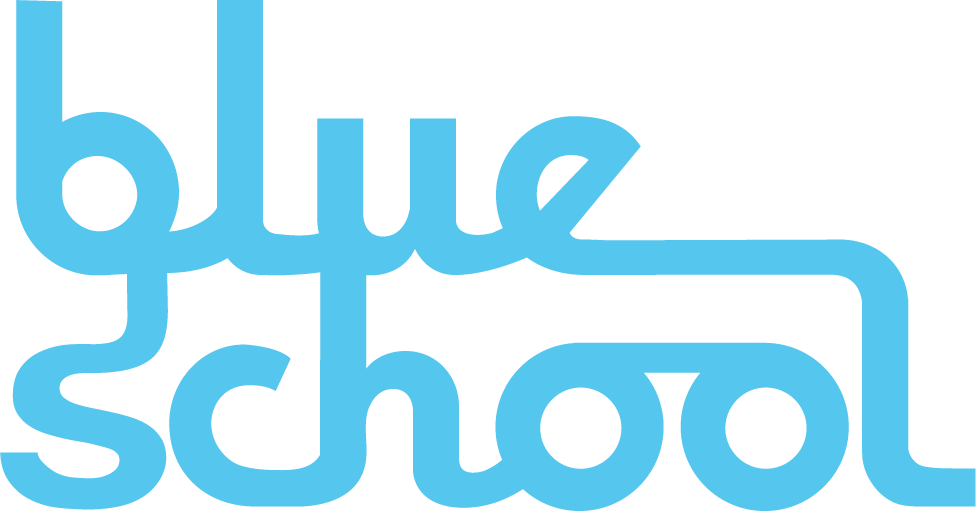On Thinking
By Allison Gaines Pell, Head of School
As the late educator and writer, Ted Sizer, so aptly taught us, the purpose of education is to help us to “use our minds well.” In the weeks and months ahead, which will no doubt be punctuated by pronouncements, changes, and events that may cause shock or worry, we persist with this simple idea.
I see children of all ages (including my own) alternately overwhelmed, worried and emboldened by the adult reactions and activities they witness. We want them to follow positive examples, of course, but even more, at school, we want them to experience rich and critical thinking. While we have individual power as citizens, parents, artists, family members, our power as educators is to privilege thinking over responding, curiosity over fear. We ask our students to consider: Whose voice is speaking? What perspectives am I missing? What would the other side say? Given all the evidence, what do I believe?
Our middle school framework is built on “ways of thinking,” which were identified as an outgrowth of the strengths of the preprimary and primary program. They are a helpful start:
Over the weeks ahead, we will continue to teach the value of thoughtfulness and discussion. We will teach the values that undergird our democracy, the power of people to change their immediate worlds and the human condition for good or bad. We will teach the power of poetry and art, and continue to examine problems from all sides using civil conversation and productive disagreement. With our youngest, we will listen to or read stories that promote understanding of others and discuss our friends’ perspectives whether in conflict or working together. Being a creative and disciplined thinker is how we come to know and solve problems, how we can open ourselves up to other people, how we can understand and improve the world.
We will also continue the hard work of building our empathy “muscles," for empathy may be the defining features of a great leader and citizen. Isabel Wilkerson, author of The Warmth of Other Suns, remarked in a recent interview, regarding a recent killing of a young black man, that while she had heard the police officer mention feeling afraid for his life and acting in their proclaimed self-defense, she could not understand why, when a young man’s life is slipping away, the officer would not take his hand or administer first aid. When we look to our informal and formal leaders, we hope to see integrity, a commitment to not only their ideas, but also to holding the complex perspectives of many, and acknowledging the human and at times heart-breaking consequences (unintended and intended) that come with every decision. We expect leaders to study the history of the problem they are striving to solve, to uncover the dilemmas and mine the stories and perspectives of those who disagree. We expect them to use and move towards the light in all of us and to push towards the great "arc of justice.” The real and difficult dilemmas presented by the American commitment to diversity, inclusion, and liberty for all are necessarily messy; that is what makes them so rife with opportunity and what has made our democracy flourish despite its failings. These dilemmas demand leaders who take care, see nuance, and have courage. We can help empower positive leaders by promoting and celebrating empathy, and by giving our students the tools to both evaluate leadership moves and to hold our leaders to account for the thoughtFULLness (or lack thereof) of their actions.
I know that each of us will have our own perspective and our responses personally, and we will act accordingly. Here at school, we will continue to teach our students to use their minds well in service of a more just, empathetic, and thoughtful future.

